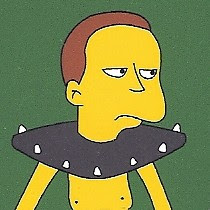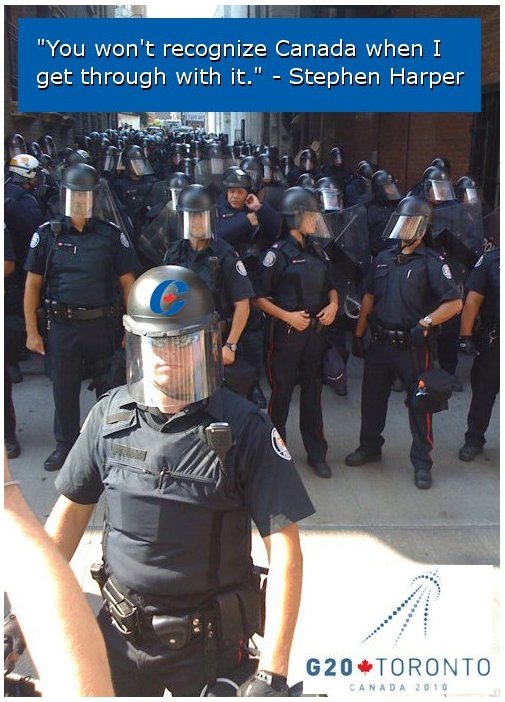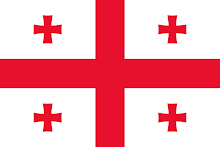Mixed Member Proportional (MMP)
in the October 10 Electoral Reform Referendum
1. One ballot, two votes
With the MMP voting system, you cast a vote for a local candidate AND for the political party of your choice. You can vote for the best local candidate, even if you don’t like that candidate’s party, because you now have a separate vote for your preferred party – a vote that elects at-large candidates from that party.
2. More power to voters: everyone matters
Even if you don’t elect someone in your riding (and most of us don’t), your party vote will still help elect at-large candidates – meaning that every party will compete for your vote no matter where you live.
3. More choice for voters
Voters will be able to consider the larger established parties, as usual, but also a number of smaller, newer, innovative parties. As long as your preferred party receives more than 3% of the party votes, you can help elect at-large candidates.
4. No more strategic or negative voting
Many voters are trapped in ridings dominated by a party they don’t support. In those cases, you often conclude the only course is to vote for a party you don’t like to stop another party you like even less. With MMP, you can always cast an effective vote to elect at-large candidates from your preferred party.
5. Fairer results in elections
Election results are always distorted by the current system. One party may get 40% of the votes and win 60% of the seats. Another party may get 20% of the votes and no seats. MMP produces fairer results, meaning parties get only the seats and power they deserve – no more, no less.
6. No more phony majorities
Under the current system, Ontarians are often governed by a majority government that the majority actually voted against. Under MMP, majority governments can only be formed by those who were elected by a majority of voters.
7. Stronger representation
Because voters will have both riding representatives and at-large representatives, every voter will be better represented and be able to call on more than one elected official in their region for assistance.
8. More diverse representation
Proportional systems provide a foundation for the nomination and election of a more diverse range of candidates – more women and visible minorities – because parties learn that diverse lists of at-large candidates usually attract more votes.
9. More accountability to voters
A politician cannot be accountable to voters who didn’t elect her or him. Under the current system, most voters do NOT elect their riding representative and most do NOT vote for the party forming government. Under MMP, every voter helps elect someone, which strengthens accountability, and majority governments can only be formed by those representing the majority.
10. Better government and less concentration of power
Because fairer results mean a single party will seldom be able to form a majority government, MMP forces parties to negotiate and compromise, usually by forming coalition governments. This means that cabinets will often include members from more than one party, and the premier and party leaders will have to negotiate and compromise rather than dictate.
11. Citizens’ Assembly recommended MMP
The proposed MMP system is not being recommended by government or the parties. The recommendation came from the independent Ontario Citizens’ Assembly on Electoral Reform, a body composed of 103 regular voters who studied, consulted and deliberated for eight months on the best voting system for Ontario voters. It’s a system recommended by a group of well-informed voters who chose it because it helps empower voters.
12. Old guard doesn’t like it
The status quo is jealously protected by an old guard who enjoy the way the system marginalizes most voters and concentrates power. The MMP system empowers voters, give more choice, fairer results and stronger representation – not what the old boys club wants, but what all Ontarians deserve.
This October 10th, vote for the Mixed Member Proportional voting system in Ontario's referendum.























